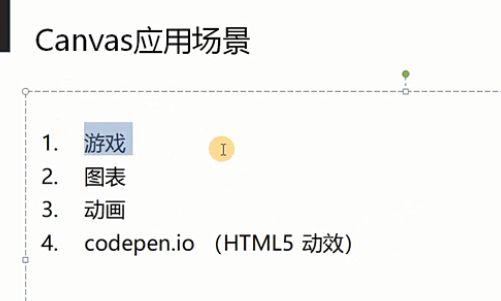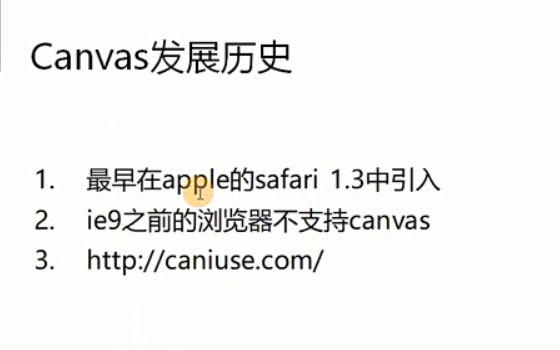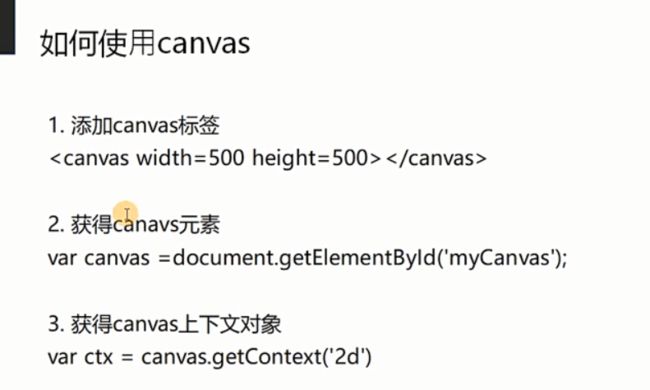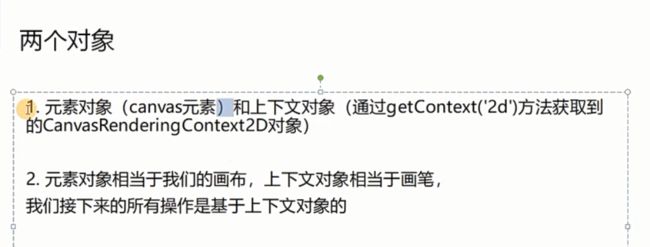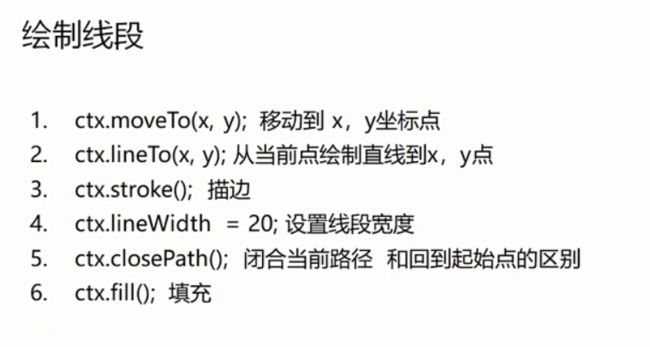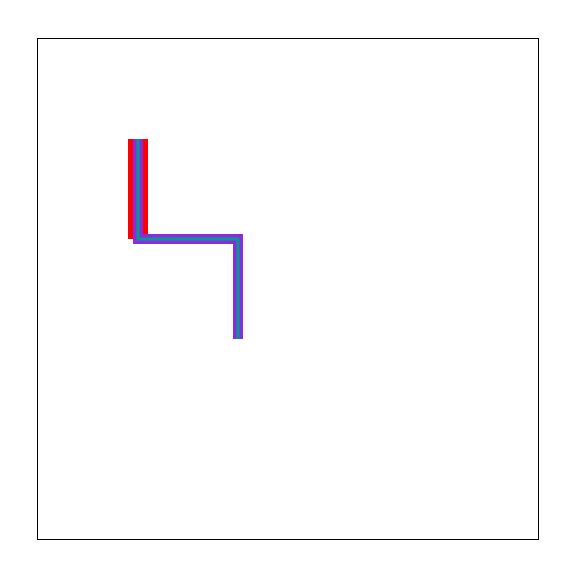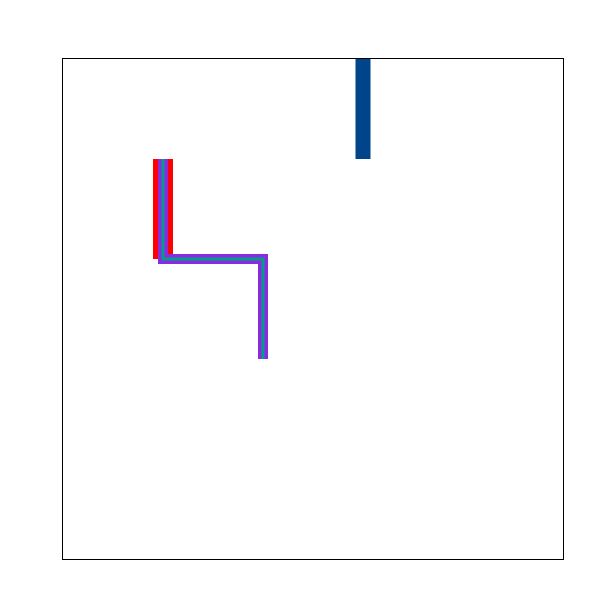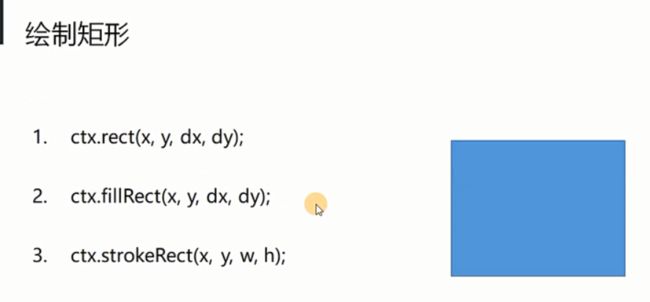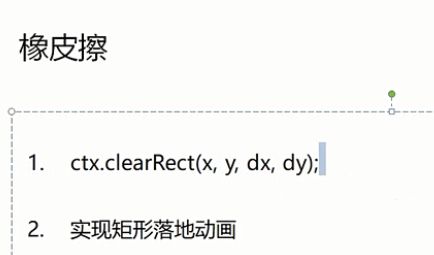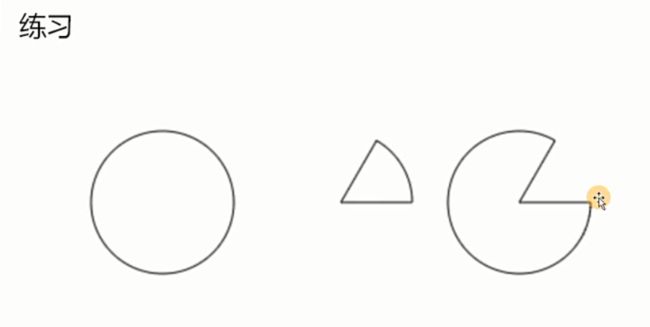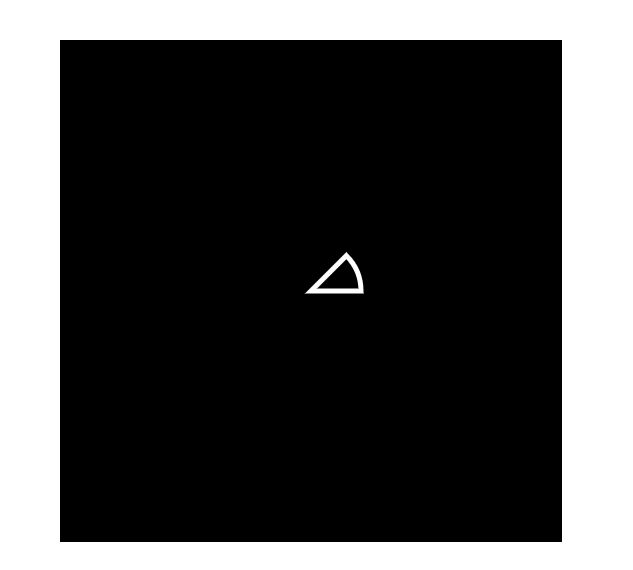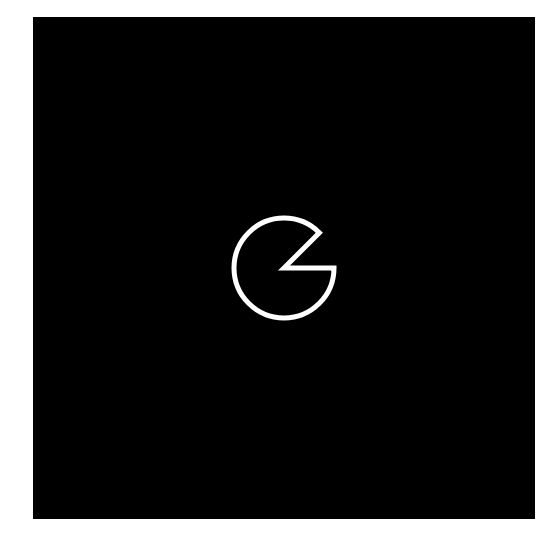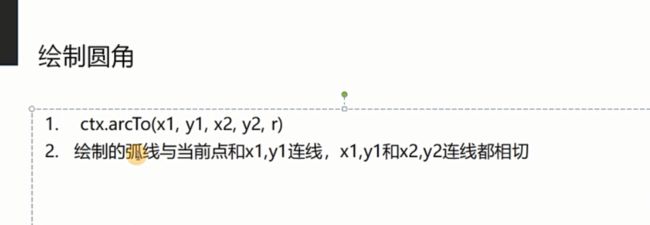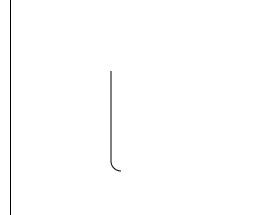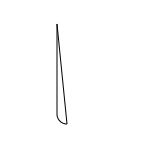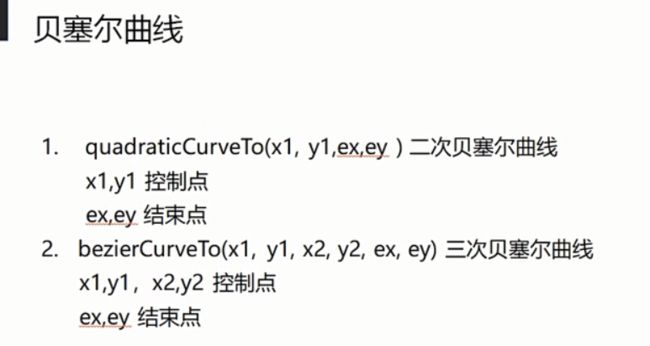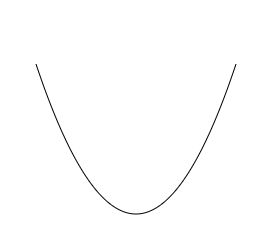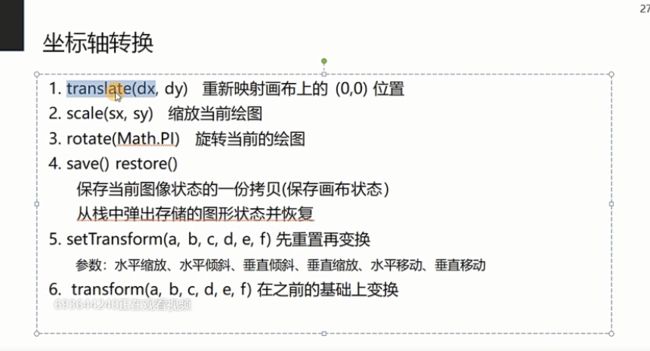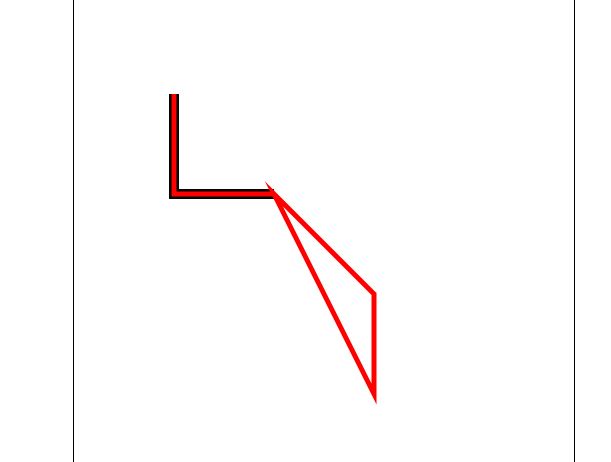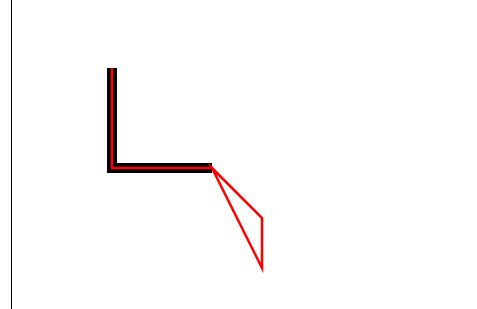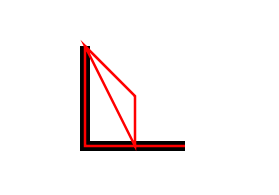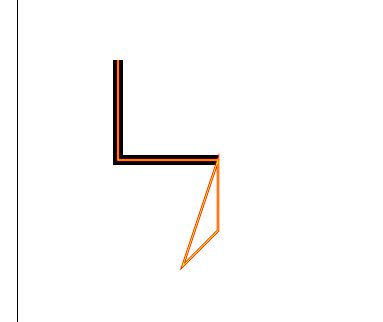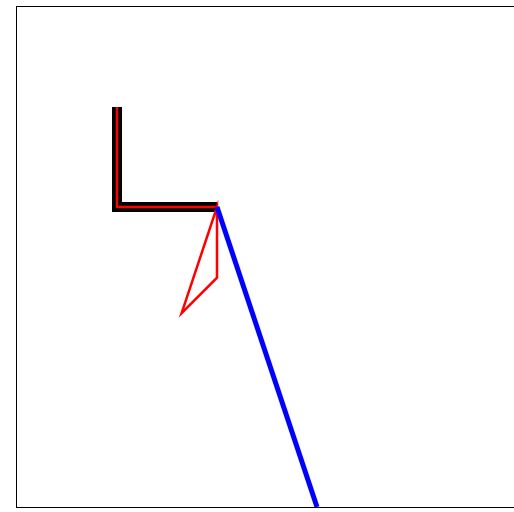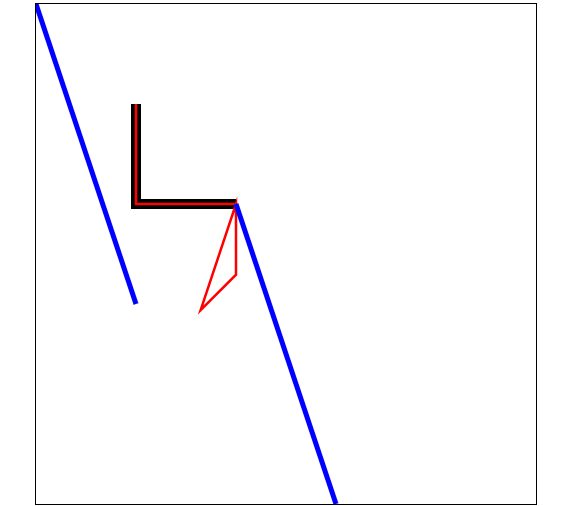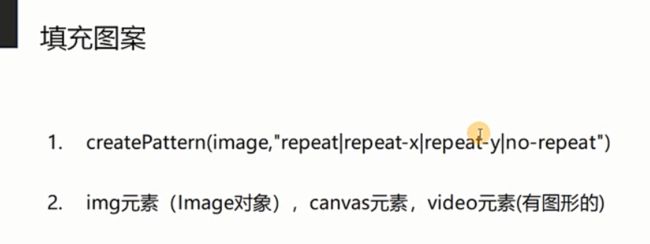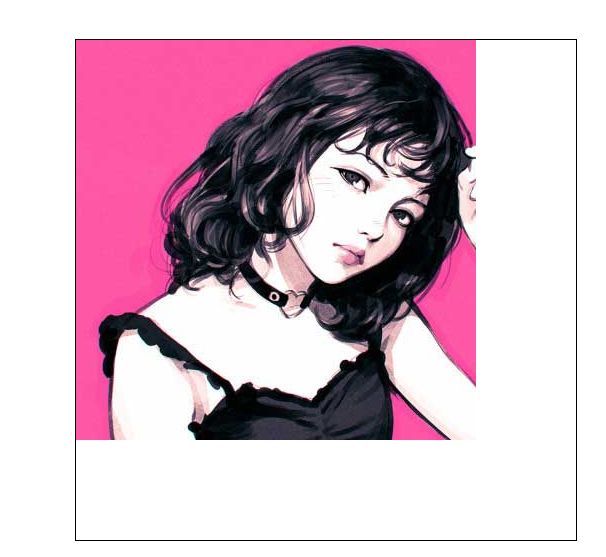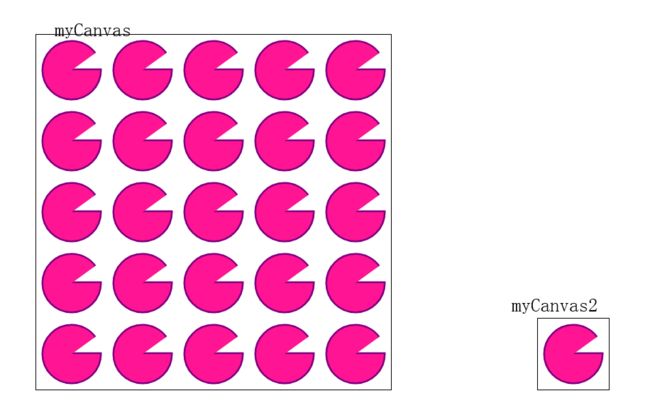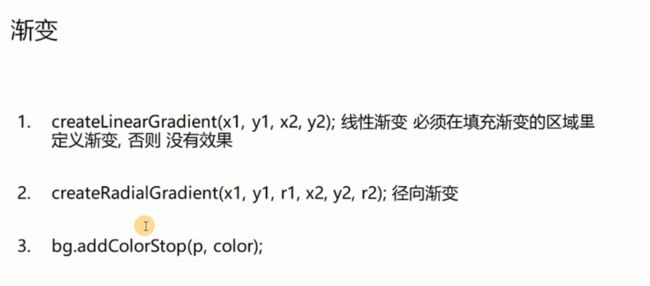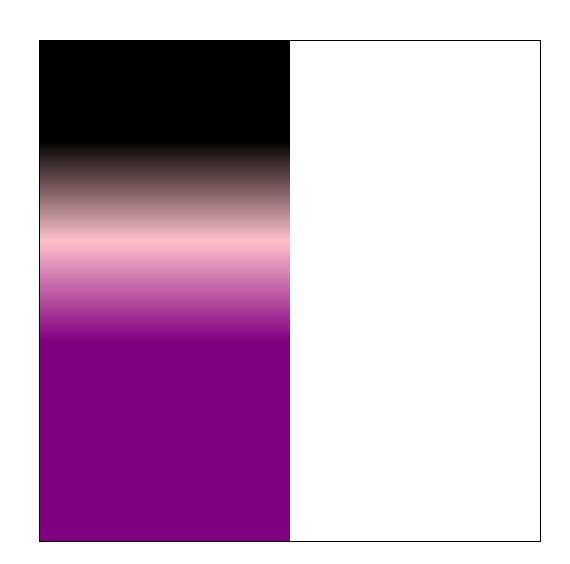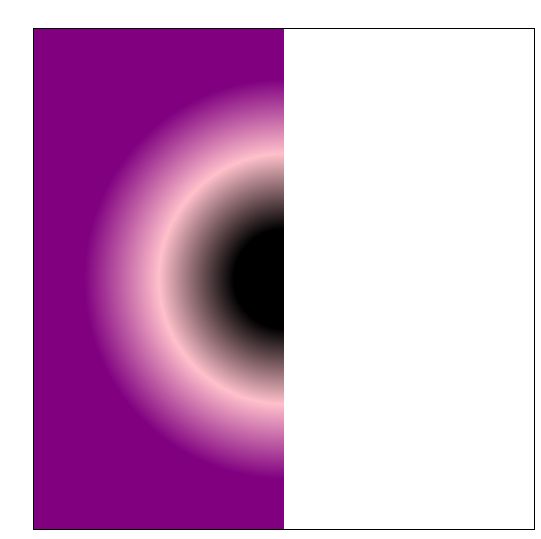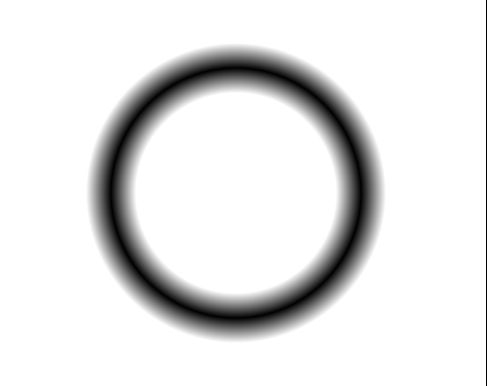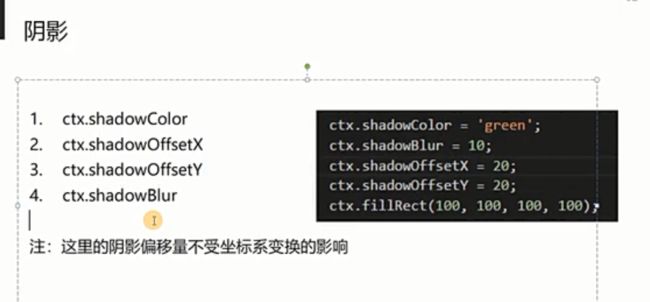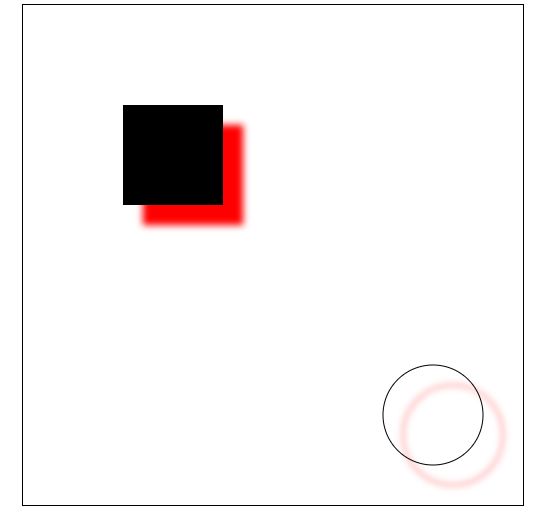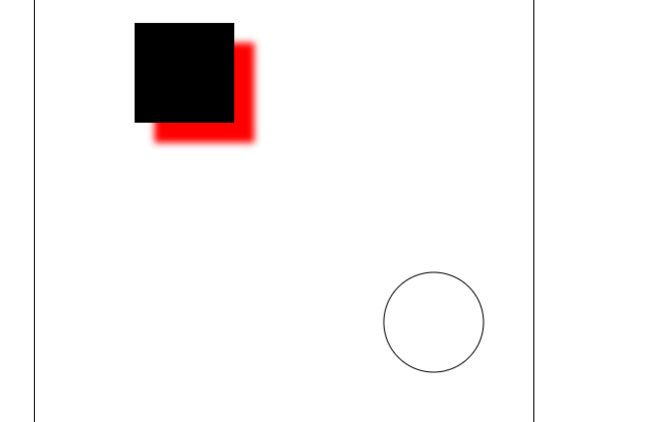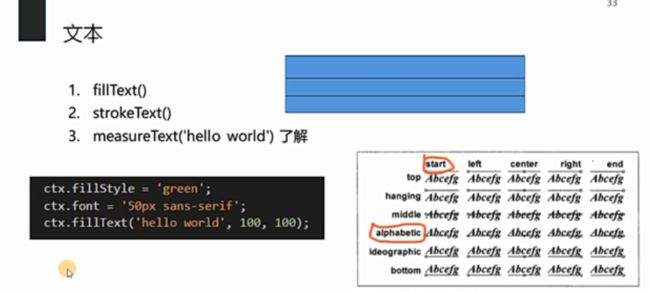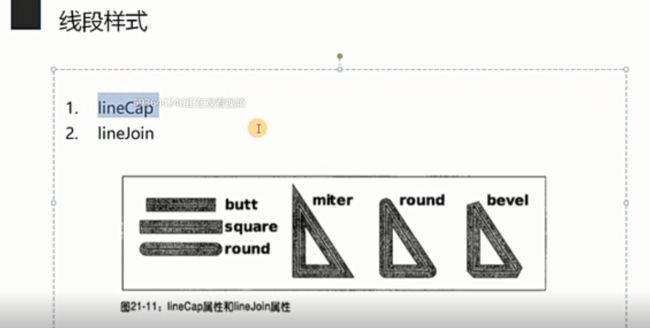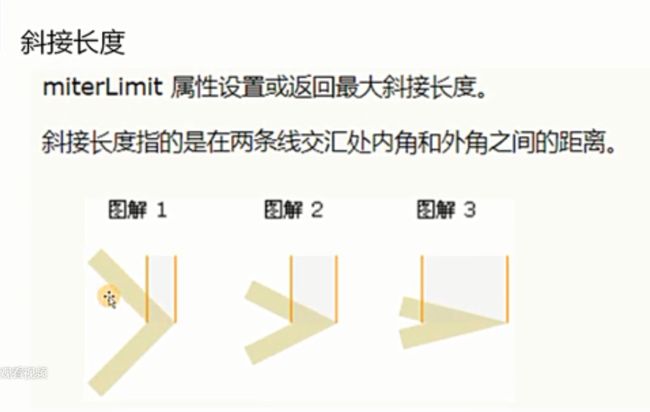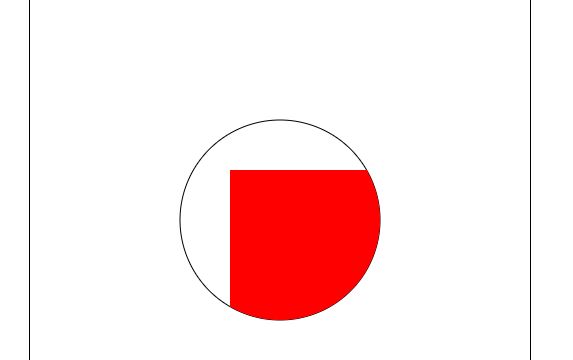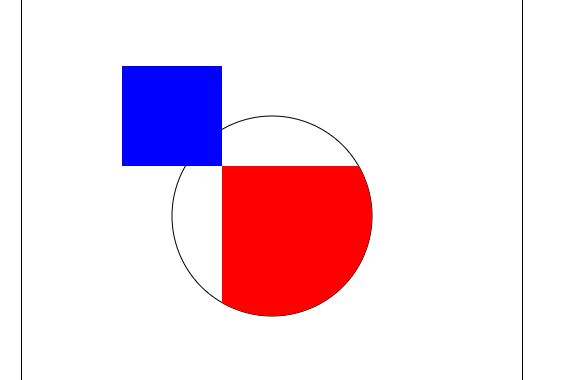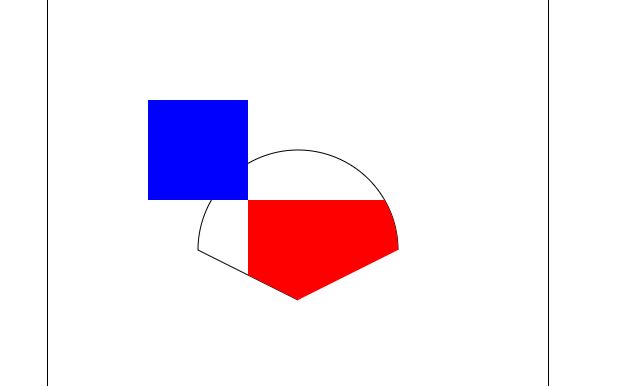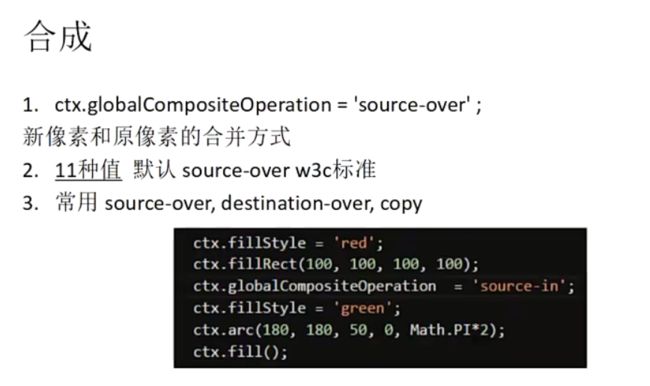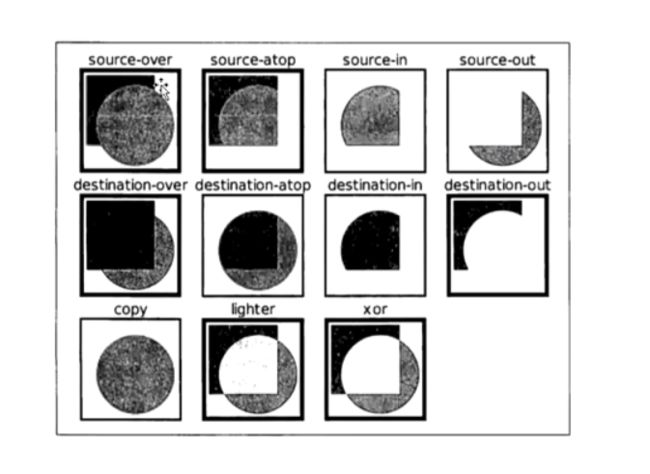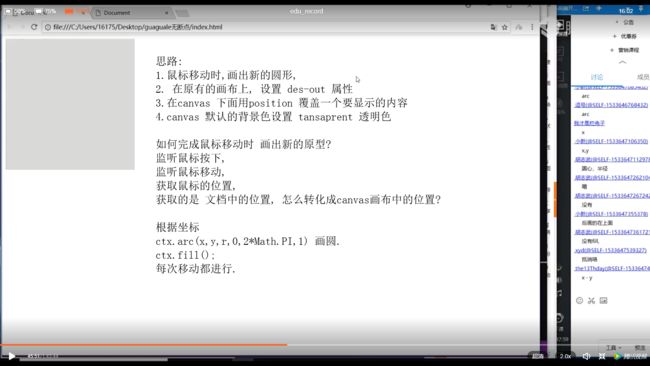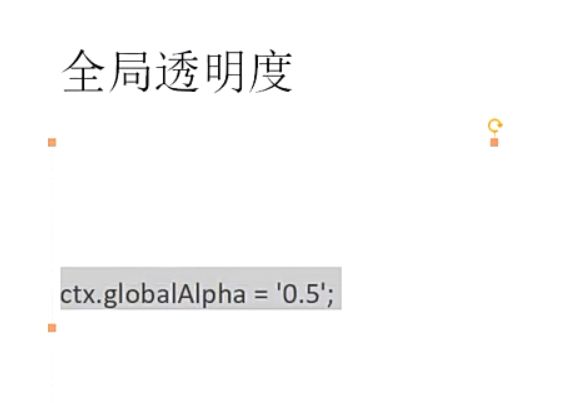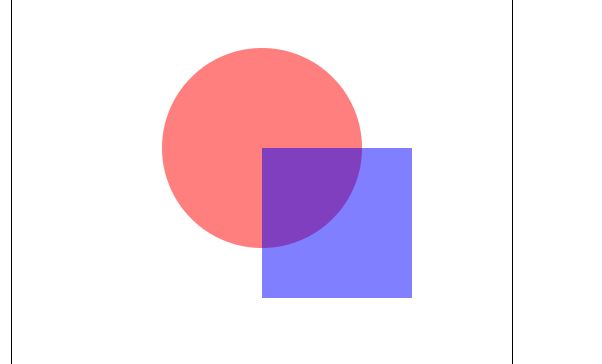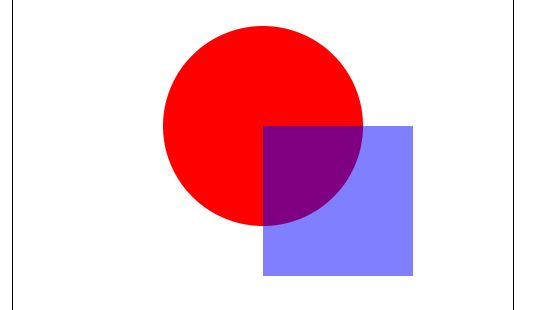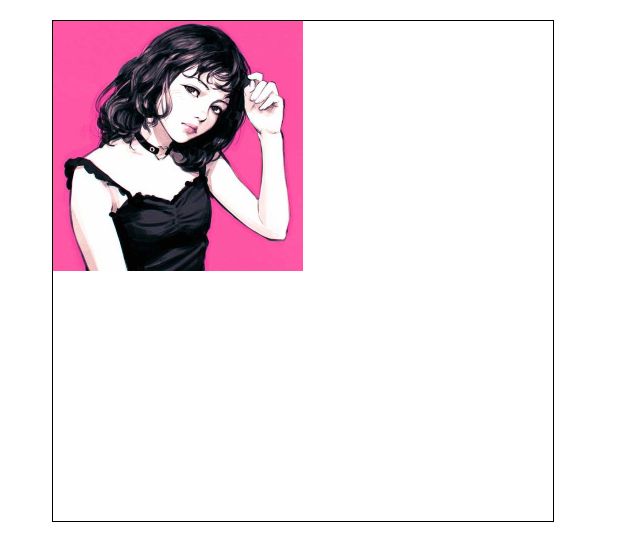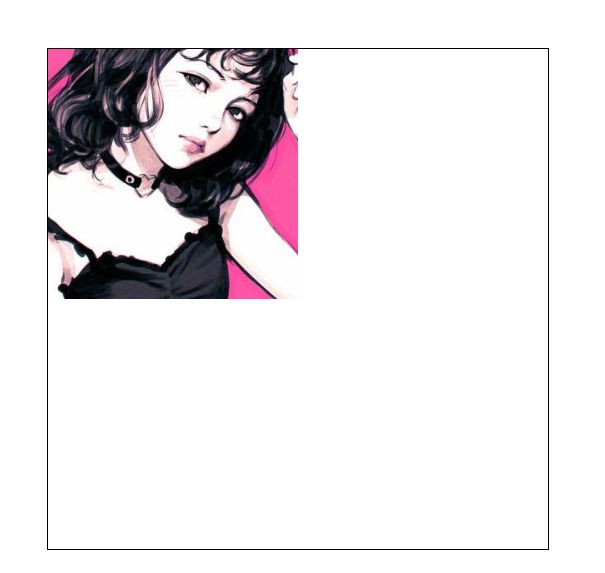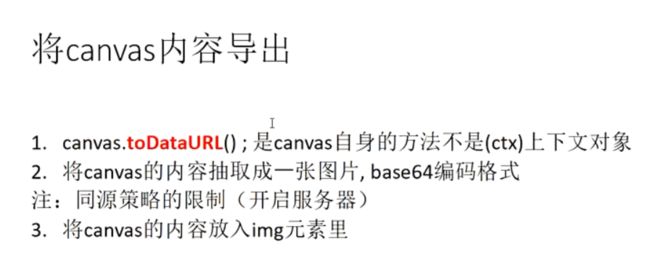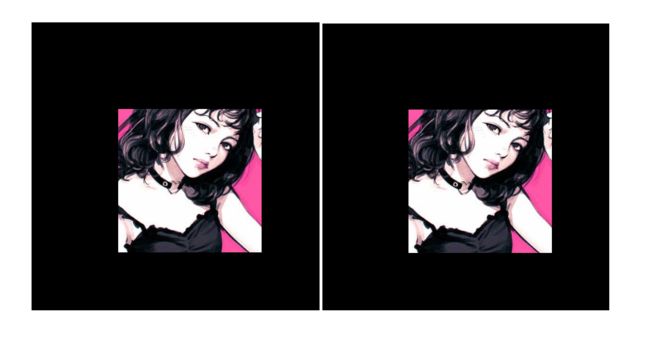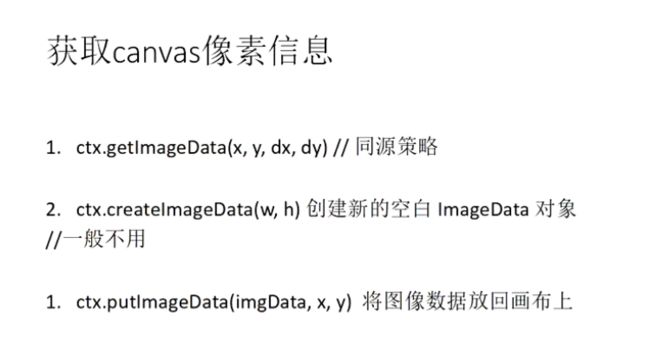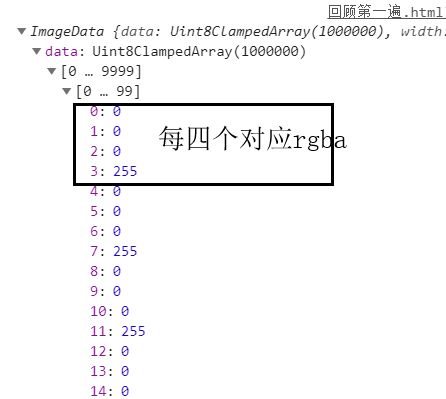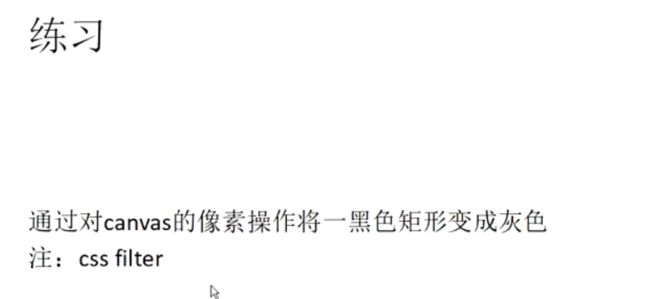HTML5 Canvas;
echarts;
CodePen
可以对同一个形状进行多次描绘.
// 画布
var myCanvas = document.getElementById("myCanvas");
// 创建画笔, 上下文
var ctx = myCanvas.getContext("2d");
// 一条路径
// 落笔
ctx.moveTo(100,100);
// 画直线
ctx.lineTo(100,200);
// 线宽
ctx.lineWidth = 20;// 对已经画了的 线条进行装饰
// 线颜色
ctx.strokeStyle = 'red';//// 对已经画了的 线条进行装饰
//描边
ctx.stroke();
ctx.lineTo(200,200);// 可以一直接着画直线
ctx.lineTo(200,300);// 可以一直接着画直线
// 线宽 // 线颜色 // 描边.
ctx.lineWidth = 10;
ctx.strokeStyle = "blueviolet";
ctx.stroke();
// 记住此时,我们不只是对新的线条进行了修饰,还对最上面的边也进行了修饰.
ctx.lineWidth = 3;
ctx.strokeStyle = "#009E86";
ctx.stroke();
// 也就是,我们可以对已经画了的线条,形状, 可以进行多次修饰.
// 即使另起一行, 也是会进行对此修饰.
如何换一层? beginpath();
...
ctx.beginPath();
ctx.moveTo(300,100);
ctx.lineTo(300,0);
ctx.lineWidth = 15;
ctx.strokeStyle = "#00458A";
ctx.stroke();
// 此时不会对beginPath() 前面的形状产生影响, 就好像另起一层
closePath() 闭合线路,回到movoTo 落笔处.
ctx.moveTo(100,100);
// 画直线
ctx.lineTo(100,200);
// 线宽
ctx.lineWidth = 20;// 对已经画了的 线条进行装饰
// 线颜色
ctx.strokeStyle = 'red';//// 对已经画了的 线条进行装饰
//描边
ctx.stroke();
ctx.lineTo(200,200);// 可以一直接着画直线
ctx.lineTo(200,300);// 可以一直接着画直线
// 线宽 // 线颜色 // 描边.
ctx.lineWidth = 10;
ctx.strokeStyle = "blueviolet";
ctx.stroke();
// 记住此时,我们不只是对新的线条进行了修饰,还对最上面的边也进行了修饰.
ctx.lineWidth = 3;
ctx.strokeStyle = "#009E86";
ctx.closePath();
ctx.stroke();
同样效果
ctx.rect(0,0,100,100);
ctx.strokeStyle = "#f00";
ctx.stroke();
ctx.strokeStyle = "#000000";
ctx.strokeRect(0,0,100,100);
同样效果
ctx.rect(0,0,100,100);
ctx.fillStyle = "red";
ctx.fill();
ctx.fillStyle = "red";
ctx.fillRect(0,0,100,100);
所以能看出来,只是为了让你更方便, 没必要觉得更复杂.
唯一的橡皮擦
矩形落地小demo
ctx.fillRect(100,100,100,100);
var y = 100;
var timer = setInterval(function () {
ctx.clearRect(0,0,500,500);
ctx.fillRect(100,y,100,100);
if (y >= 400) {
clearInterval(timer);
}
y += 10;
},50);
javascript三角函数的使用
html5 作业 canvas 雪花飘落
ctx.arc(250,250,50,0,2*Math.PI,0);
ctx.strokeStyle = "white"
ctx.lineWidth = 5;
ctx.stroke();
ctx.moveTo(250,250);
ctx.arc(250,250,50,0,-Math.PI/4,1);
ctx.strokeStyle = "white"
ctx.lineWidth = 5;
ctx.closePath();
ctx.stroke();
ctx.moveTo(250,250);
ctx.arc(250,250,50,0,-Math.PI/4,0);
ctx.strokeStyle = "white"
ctx.lineWidth = 5;
ctx.closePath();
ctx.stroke();
ctx.moveTo(100,100);
ctx.arcTo(100,200,200,200,10);
ctx.stroke();
注意,
画弧结束后的笔不是,弧度的第二个坐标, 而是半径和第二条线的切线处.
ctx.moveTo(100,100);
ctx.arcTo(100,200,200,200,10);
ctx.closePath();
ctx.stroke();
画一个有圆角的矩形.
ctx.moveTo(100,110);
ctx.arcTo(100,200,200,200,10);
ctx.arcTo(200,200,200,100,10);
ctx.arcTo(200,100,100,100,10);
ctx.arcTo(100,100,100,200,10);
ctx.stroke();
如何画曲线?
具体数学上怎么实现的暂时不用理会,不用理解.
我们只需要知道, 可以设置控制点的方式,绘制曲线.
先确定起点,和终点,起始点不是由 quadraticCurveTo 来决定,
而是看上一次落笔在哪里.
然后调整中间点,就可以控制曲线了
ctx.moveTo(100,100);
ctx.quadraticCurveTo(200,200,300,100);
ctx.stroke();
ctx.quadraticCurveTo(200,400,300,100);
三次也类似.
ctx.moveTo(100,100);
ctx.lineTo(100,200);
ctx.lineTo(200,200);
ctx.lineWidth = 10;
ctx.stroke();
ctx.translate(200,200);
ctx.lineWidth = 5;
ctx.strokeStyle = "red";
// 必须重新落笔, 上一个坐标系中的 终点,不是这个坐标系中的默认起点.
ctx.moveTo(0,0)
ctx.lineTo(100,100);
ctx.stroke();
// 可以看到 坐标系的变换, 并不能替代 beginpath的作用
// 后面的样式,依然会影响前面的线条.
ctx.moveTo(100,100);
ctx.lineTo(100,200);
ctx.lineTo(200,200);
ctx.lineWidth = 10;
ctx.stroke();
ctx.translate(200,200);
ctx.lineWidth = 5;
ctx.strokeStyle = "red";
ctx.moveTo(0,0)
ctx.lineTo(100,100);
ctx.lineTo(100,200);
ctx.closePath();
// closePath 只会影响这个坐标系的线条,不会影响上一个坐标系
ctx.stroke();
ctx.moveTo(100,100);
ctx.lineTo(100,200);
ctx.lineTo(200,200);
ctx.lineWidth = 10;
ctx.stroke();
ctx.translate(200,200);
ctx.scale(0.5,0.5);
// scale 和 translate 一样也是对坐标系的伸缩
// 注意 scale 和 translate 顺序是对效果有影响的.
ctx.lineWidth = 5;
ctx.strokeStyle = "red";
ctx.moveTo(0,0)
ctx.lineTo(100,100);
ctx.lineTo(100,200);
ctx.closePath();
ctx.stroke();
调换scale,translate 顺序
ctx.moveTo(100,100);
ctx.lineTo(100,200);
ctx.lineTo(200,200);
ctx.lineWidth = 10;
ctx.stroke();
ctx.scale(0.5,0.5);
// 注意 scale,translate,rotate 的顺序 对坐标系是有影响的.
ctx.translate(200,200);
ctx.lineWidth = 5;
ctx.strokeStyle = "red";
ctx.moveTo(0,0)
ctx.lineTo(100,100);
ctx.lineTo(100,200);
ctx.closePath();
ctx.stroke();
rotate(Math.PI) 也是对坐标系的操作
ctx.moveTo(100,100);
ctx.lineTo(100,200);
ctx.lineTo(200,200);
ctx.lineWidth = 10;
ctx.stroke();
ctx.translate(200,200);
ctx.scale(0.5,0.5);
ctx.rotate(Math.PI/4);
// 与css3不同, css3可以通过transform-origin 来调整旋转轴坐标,默认为center
// 而这里的默认转轴为 坐标系原点,想要进行精确旋转,
// 就要在设置图形的时候, 设定好与 远点的关系.
ctx.lineWidth = 5;
ctx.strokeStyle = "red";
ctx.moveTo(0,0)
ctx.lineTo(100,100);
ctx.lineTo(100,200);
ctx.closePath();
ctx.stroke();
ctx.save()
首先 ctx.save() 不能代替 beginpath()
换言之, 不管你设置几个ctx.save() 只要没设置 ctx.beginpath()
那么后面的样式会依旧影响前面所有坐标系的样式.
ctx.moveTo(100,100);
ctx.lineTo(100,200);
ctx.lineTo(200,200);
ctx.lineWidth = 10;
ctx.stroke();
ctx.translate(200,200);
ctx.scale(0.5,0.5);
ctx.rotate(Math.PI/4);
ctx.lineWidth = 5;
ctx.strokeStyle = "red";
ctx.moveTo(0,0)
ctx.lineTo(100,100);
ctx.lineTo(100,200);
ctx.closePath();
ctx.stroke();
ctx.save();
ctx.lineWidth = 2;
ctx.strokeStyle = "yellow";
ctx.stroke();
ctx.save() 可以理解为 坐标系的 时间戳, 或者画布层?
用ctx.restore() 配合进行在不同坐标系之间的切换.
(而beginpath() 则没有相应的切换到前面状态的方式.)
注意 save 和 restore
ctx.moveTo(100,100);
ctx.lineTo(100,200);
ctx.lineTo(200,200);
ctx.lineWidth = 10;
ctx.stroke();
ctx.save();//第一状态坐标系
ctx.translate(200,200);
ctx.save();// 第二状态坐标系
ctx.scale(0.5,0.5);
ctx.save();// 第三状态坐标系
ctx.rotate(Math.PI/4);
ctx.lineWidth = 5;
ctx.strokeStyle = "red";
ctx.moveTo(0,0)
ctx.lineTo(100,100);
ctx.lineTo(100,200);
ctx.closePath();
ctx.stroke();
ctx.restore();// 回到第三状态坐标系, 也就是现在
ctx.beginPath();
ctx.moveTo(0,0);
ctx.lineTo(100,300);
ctx.lineWidth = 5;
ctx.strokeStyle = 'blue';
ctx.stroke();
再来一次
...
ctx.restore();// 回到第三状态坐标系, 也就是现在
ctx.beginPath();
ctx.moveTo(0,0);
ctx.lineTo(100,300);
ctx.lineWidth = 5;
ctx.strokeStyle = 'blue';
ctx.stroke();
ctx.restore();// 回到第二状态坐标系,
ctx.beginPath();
ctx.moveTo(0,0);
ctx.lineTo(100,300);
ctx.lineWidth = 5;
ctx.strokeStyle = 'blue';
ctx.stroke();
再来一次
...
ctx.restore();// 回到第三状态坐标系, 也就是现在
ctx.beginPath();
ctx.moveTo(0,0);
ctx.lineTo(100,300);
ctx.lineWidth = 5;
ctx.strokeStyle = 'blue';
ctx.stroke();
ctx.restore();// 回到第二状态坐标系,
ctx.beginPath();
ctx.moveTo(0,0);
ctx.lineTo(100,300);
ctx.lineWidth = 5;
ctx.strokeStyle = 'blue';
ctx.stroke();
ctx.restore();// 回到第一状态坐标系,
ctx.beginPath();
ctx.moveTo(0,0);
ctx.lineTo(100,300);
ctx.lineWidth = 5;
ctx.strokeStyle = 'blue';
ctx.stroke();
每次restore() 都会寻找上一个save() 对应的 坐标系.
restore 的方向只能是往后切换, 无法往前切换.
var img = new Image();
img.src = "img/2test.jpg";
img.onload = function () {
console.log(123);
var bg = ctx.createPattern(img,"no-repeat");
ctx.strokeStyle = bg;
ctx.moveTo(0,0);
ctx.lineTo(0,400);
ctx.lineWidth = 800;
ctx.stroke();
}
var bg = ctx.createPattern(img,"no-repeat");
创建的是一个"颜色",可以用于fillstyle,strokestyle,两个参数一个都不能少.
var myCanvas = document.getElementById("myCanvas");
var myCanvas2 = document.getElementById("myCanvas2");
var ctx = myCanvas.getContext("2d");
var ctx2 = myCanvas2.getContext("2d");
// 用于充当 "颜色的" canvas
ctx2.moveTo(50,50);
ctx2.arc(50,50,40,0,1.8 * Math.PI,0);
ctx2.lineWidth = 5;
ctx2.fillStyle = "deeppink";
ctx2.strokeStyle = "purple";
ctx2.stroke();
ctx2.fill();
// 把颜色 拿过来.
var bg = ctx.createPattern(myCanvas2,"repeat");
ctx.fillStyle = bg;
ctx.fillRect(0,0,500,500);
跟createPattern 一样, 最后也是成为一个颜色.
var myCanvas = document.getElementById("myCanvas");
var ctx = myCanvas.getContext("2d");
var bg = ctx.createLinearGradient(100,100,100,300);
// 中间 可以有多个渐变 颜色
bg.addColorStop(0,"black");
bg.addColorStop(0.5,"pink");
bg.addColorStop(1,"purple");
// ctx.fillStyle = bg;
// ctx.fillRect(0,0,500,500);
ctx.strokeStyle = bg;
ctx.lineWidth = 500;
ctx.moveTo(0,0);
ctx.lineTo(0,500);
ctx.stroke();
var myCanvas = document.getElementById("myCanvas");
var ctx = myCanvas.getContext("2d");
var bg = ctx.createRadialGradient(250,250,50,250,250,200);
// 中间 可以有多个渐变 颜色
bg.addColorStop(0,"black");
bg.addColorStop(0.5,"pink");
bg.addColorStop(1,"purple");
// ctx.fillStyle = bg;
// ctx.fillRect(0,0,500,500);
ctx.strokeStyle = bg;
ctx.lineWidth = 500;
ctx.moveTo(0,0);
ctx.lineTo(0,500);
ctx.stroke();
var bg = ctx.createRadialGradient(250,250,100,250,250,150);
// 中间 可以有多个渐变 颜色
bg.addColorStop(0,"white");
bg.addColorStop(0.5,"black");
bg.addColorStop(1,"white");
ctx.fillStyle = bg;
ctx.fillRect(0,0,500,500);
var bg = ctx.createLinearGradient(0,0,0,100);
// 中间 可以有多个渐变 颜色
bg.addColorStop(0,"black");
bg.addColorStop(1,"white");
ctx.fillStyle = bg;
ctx.fillRect(0,0,500,500);
ctx.shadowColor = "red";
ctx.shadowBlur = 10;
ctx.shadowOffsetX = 20;
ctx.shadowOffsetY = 20;
ctx.fillRect(100,100,100,100);
ctx.beginPath();// 结束落笔
ctx.translate(10,10);// 更换坐标系
ctx.arc(400,400,50,0,2 * Math.PI,1);
ctx.stroke();
发现,beginPath(), translate 都无法影响,
换言之, 所有 生成的图形都会生成 阴影.
除非,
ctx.shadowColor = "red";
ctx.shadowBlur = 10;
ctx.shadowOffsetX = 20;
ctx.shadowOffsetY = 20;
ctx.fillRect(100,100,100,100);
ctx.shadowBlur = 0;
ctx.shadowOffsetX = 0;
ctx.shadowOffsetY = 0;
ctx.arc(400,400,50,0,2 * Math.PI,1);
ctx.stroke();
问题: 如果我希望为一个元素, 增加多个阴影怎么办?
找到一个不是很好的方法
ctx.shadowColor = "red";
ctx.shadowBlur = 10;
ctx.shadowOffsetX = 20;
ctx.shadowOffsetY = 20;
ctx.fillRect(100,100,100,100);
再画一次.
ctx.shadowColor = "red";
ctx.shadowBlur = 10;
ctx.shadowOffsetX = -20;
ctx.shadowOffsetY = -20;
ctx.fillRect(100,100,100,100);
文字居中
ctx.textAlign = "center";
ctx.verticalAlign = "middle";
ctx.beginPath();
ctx.arc(250,250,100,0, 2 * Math.PI,1);
ctx.stroke();
ctx.closePath();
ctx.clip();
ctx.fillStyle = "red";
ctx.fillRect(200,200,300,300);
问题 : 怎么才能摆脱clip() 效果? 用 save() + restore()
ctx.beginPath();
ctx.arc(250,250,100,0, 2 * Math.PI,1);
ctx.stroke();
ctx.closePath();
ctx.save();
ctx.clip();
ctx.fillStyle = "red";
ctx.fillRect(200,200,300,300);
ctx.restore();
ctx.fillStyle = "blue";
ctx.fillRect(100,100,100,100);
问题 必须加上 closepath, 完成封闭区间嘛? 不必,
ctx.beginPath();
ctx.arc(250,250,100,0, Math.PI,1);
ctx.lineTo(250,300);
ctx.stroke();
ctx.save();
ctx.clip();
ctx.fillStyle = "red";
ctx.fillRect(200,200,300,300);
ctx.restore();
ctx.fillStyle = "blue";
ctx.fillRect(100,100,100,100);
解决 新旧像素(形状重合,重叠时的情况)
只会影响, 该语句后面的所有像素.
ctx.beginPath();
ctx.arc(250,250,100,0, 2*Math.PI,1);
ctx.fillStyle = "red";
ctx.globalAlpha = '0.5';
ctx.fill();
ctx.fillStyle = "blue";
ctx.fillRect(250,250,150,150);
ctx.beginPath();
ctx.arc(250,250,100,0, 2*Math.PI,1);
ctx.fillStyle = "red";
ctx.fill();
ctx.globalAlpha = '0.5';
ctx.fillStyle = "blue";
ctx.fillRect(250,250,150,150);
三个参数时,图片会按自身大小显示.
var img = new Image();
img.src = "img/2test.jpg";
img.onload = function () {
ctx.drawImage(img,0,0);
}
五个参数时,限制范围, 图片会按比例缩小(或放大?).
ctx.drawImage(img,0,0,250,250);
九个参数时, 前四个数字,是截取图片, 后四个参数是 决定位置和大小.
ctx.drawImage(img,100,100,300,300,0,0,250,250);
var myCanvas = document.getElementById("myCanvas");
var ctx = myCanvas.getContext("2d");
var img = new Image();
img.src = "img/2test.jpg";
img.onload = function () {
ctx.fillRect(0,0,500,500);
ctx.drawImage(img,100,100,300,300,150,150,250,250);
var canvasUrl = myCanvas.toDataURL();
var oImg = new Image();
oImg.src = canvasUrl;
oImg.onload = function () {
document.body.appendChild(oImg);
}
}
问题 toDataUrl() 方法 , img有没有该方法?
只有canvas 才有.
图片高斯模糊处理的方法.
获取一张图片
利用ctx.dragImage() 方式放进一个画布里.
利用ctx.getImageData(x,y,dx,dy) 得到像素对象.
对像素对象中的数据进行处理,
利用ctx.putImageData(imgData,x,y),重新放进画布
可以利用 canvas.toDataUrl 转换成图片.
ctx.fillRect(0,0,500,500);
ctx.drawImage(img,100,100,300,300,150,150,250,250);
console.log(ctx.getImageData(0,0,500,500));
var myCanvas = document.getElementById("myCanvas");
var ctx = myCanvas.getContext("2d");
ctx.fillRect(0,0,500,500);
function changeGray () {
var imageData = ctx.getImageData(0,0,500,500);
imageData.data.forEach(function (item,index,self) {
if (((index+1)%4) != 0) {
self[index] = 100;
}
});
ctx.putImageData(imageData,0,0);
}
